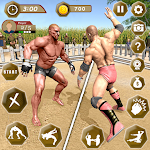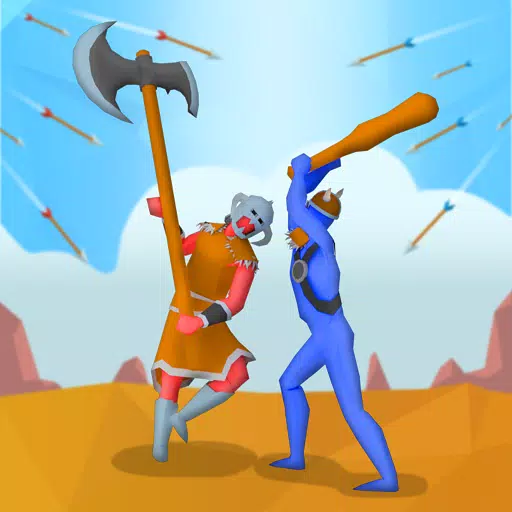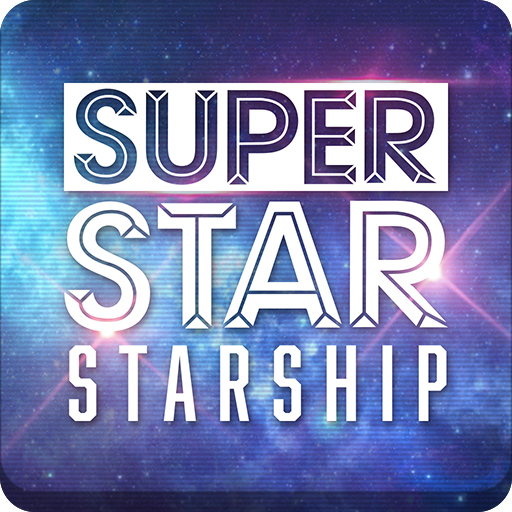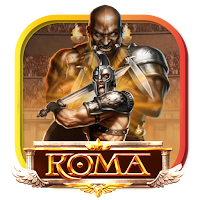The God of War series has been a cornerstone of PlayStation gaming across four generations, starting with Kratos' vengeful journey in 2005. Few could have predicted the trajectory of this once-angry deity destroyer over the subsequent two decades. While other franchises have struggled to remain relevant, God of War has thrived by embracing change. The most notable shift came with the 2018 reboot, which transplanted Kratos from Ancient Greece to the realms of Norse mythology, revolutionizing both the game's aesthetics and gameplay. Even prior to this acclaimed reboot, Sony Santa Monica had introduced smaller, yet significant, changes to keep the series vibrant and engaging.
For God of War to maintain its success, reinvention will remain crucial. When the series shifted to a Norse setting, director Cory Barlog expressed interest in exploring the Egyptian and Mayan eras. Recent rumors have reignited speculation about an Egyptian backdrop, fueled by the allure of its distinct culture and rich mythology. However, a new setting is just the beginning. The next chapter must reinvent itself as effectively as it did when transitioning from the Greek trilogy to the Norse saga, building on the successful elements while introducing fresh innovations.
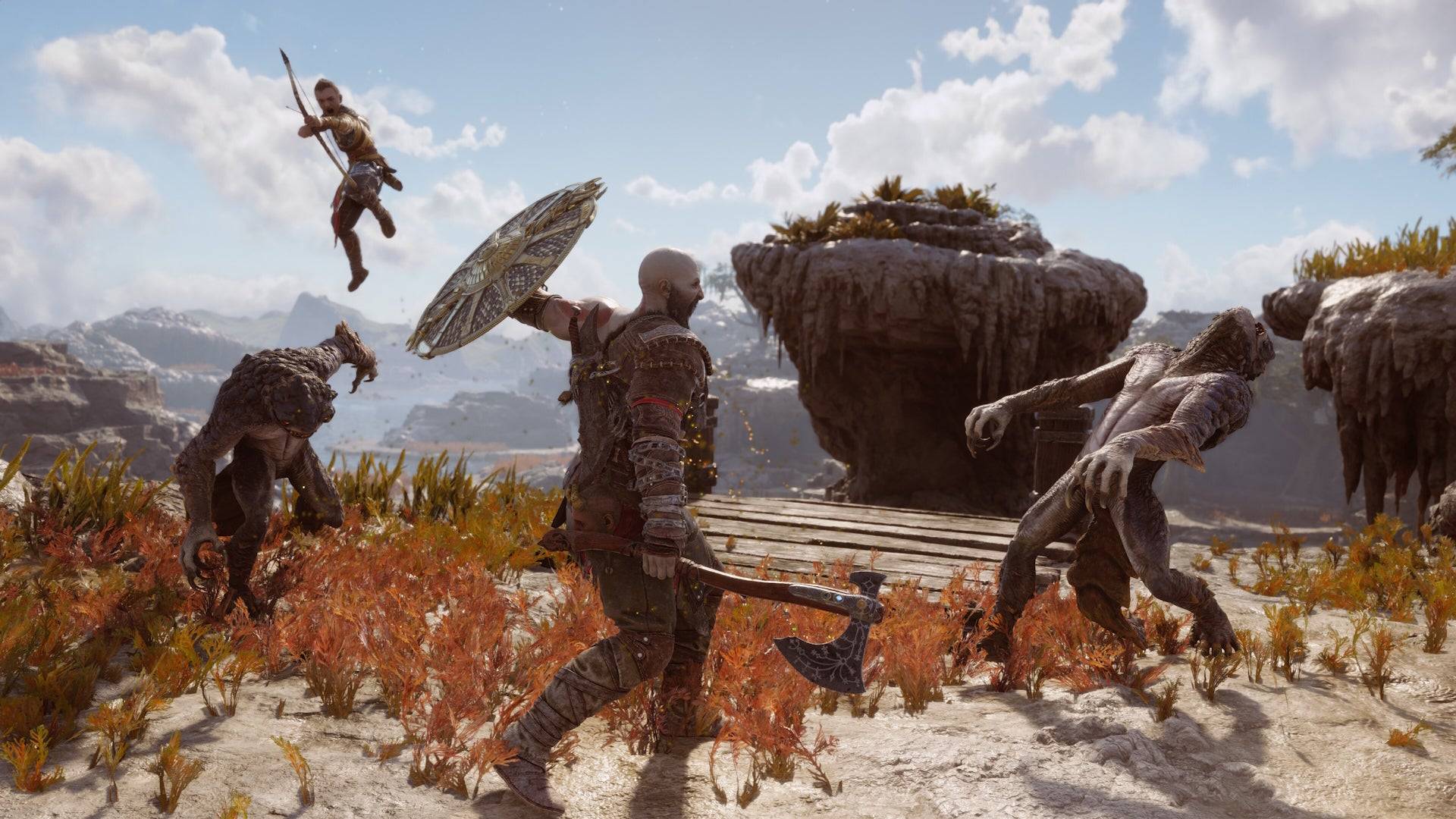
The series has always been bold with changes from one game to the next. The original Greek trilogy evolved over a decade, refining its hack-and-slash gameplay to a polished finish by God of War 3. This final chapter, developed for the PlayStation 3, introduced a revamped magic system that enhanced the melee combat and offered a wider array of challenging enemies. The increased power of the PS3 allowed for new camera angles, showcasing the game's graphical prowess at the time.
The 2018 reboot saw many elements of the original games transformed or omitted. The Greek trilogy's platforming and puzzle-solving components were crucial for Kratos' progress, but the Norse games shifted away from platforming due to the new third-person, over-the-shoulder camera perspective. While puzzles remained, they were adapted to fit the new adventure-focused design.
In Valhalla, the roguelike DLC for God of War Ragnarök, the series returned to its Greek roots both mechanically and narratively. The battle arenas, a highlight of the original series since God of War 2, made a comeback, tailored to the Norse setting. This feature's revival was mirrored by the DLC's storyline, where Kratos confronts his past at the invitation of the Norse god of war, Týr, symbolizing a complete narrative cycle.
The Norse era of God of War isn't just a rehash of old ideas; it introduced significant innovations. New mechanics like the Leviathan Axe's throwing ability, a combat-defining parry system with various shield types, and the explosive magical spear in Ragnarök enriched the gameplay. These elements facilitate exploration across the Nine Realms, each with its unique enemies, aesthetics, and characteristics.
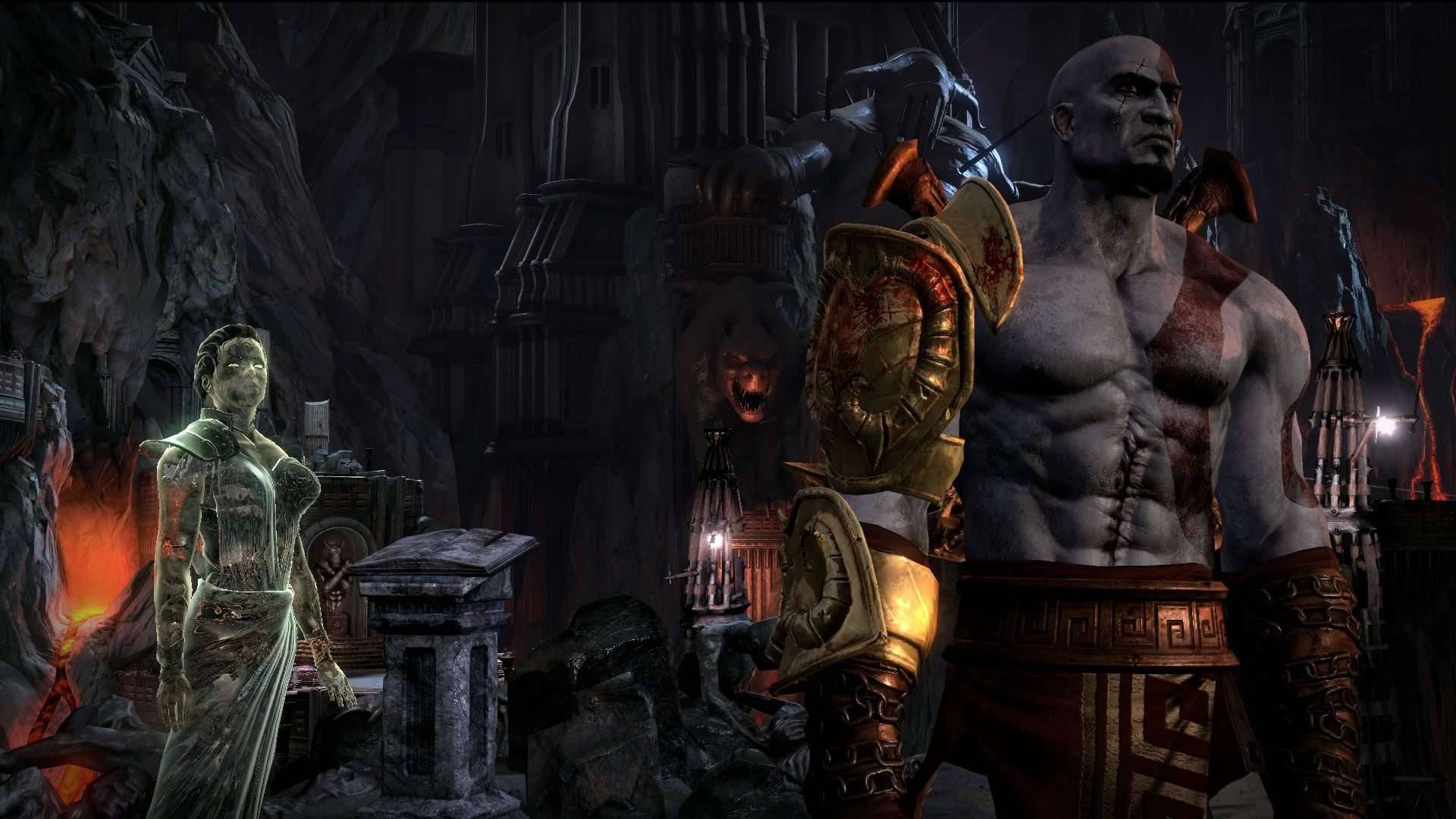
While the changes in combat and exploration are notable, the most profound shift is in the storytelling. The Norse duology delves into Kratos' emotional journey, his grief over his deceased wife, and his strained relationship with his son, Atreus. This emotional depth, a stark contrast to the original trilogy's more straightforward narrative, has been pivotal to the Norse era's critical and commercial success.
God of War's evolution in both mechanics and narrative reflects a unique approach to franchise development. The creators view the Norse games not as traditional sequels but as extensions of Kratos' journey. This perspective should guide future installments.
However, reinvention alone doesn't guarantee success. The Assassin’s Creed series, which has also shifted settings and styles, illustrates this. Despite consistent profitability, it has struggled to maintain fan loyalty across generations like God of War. The transition to an open-world RPG format with Assassin’s Creed Origins diluted the series' original focus on the Assassin's guild and Desmond Miles' story. The new RPG games have been increasingly divisive, criticized for their bloated content and departure from stealth-based roots.
Assassin’s Creed has attempted to course-correct with 2023’s Assassin’s Creed Mirage, returning to its Middle Eastern roots and earlier gameplay style with a shorter, well-received narrative. This year's Assassin’s Creed Shadows continues this trend, focusing on stealth with the character Naoe, reminiscent of the series' Xbox 360-era origins.
The varying success of Assassin’s Creed's reinvention underscores the importance of maintaining core elements that fans cherish. God of War has navigated this challenge adeptly. The Norse games, while a departure, never lost sight of Kratos' compelling character and the series' foundational combat mechanics. They built upon the core of the Greek trilogy – the intense, relentless combat – and introduced new elements like Spartan Rage, diverse weapons, and the ability to play as other characters, all enhancing the established framework.
Whether the rumors of an Egyptian setting come to fruition, the next God of War must ensure its evolutionary steps uphold what has made the series successful. The 2018 reboot focused on maintaining the high standards of combat set by the Greek trilogy. Future games will likely be judged by their storytelling, the true strength of the Norse duology. Kratos' transformation from a rage-driven warrior to a nuanced father and leader has been key to the series' recent success. The next installment must build on this narrative strength while introducing bold, memorable changes to define the next era of God of War.





